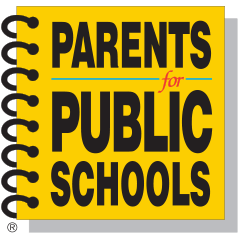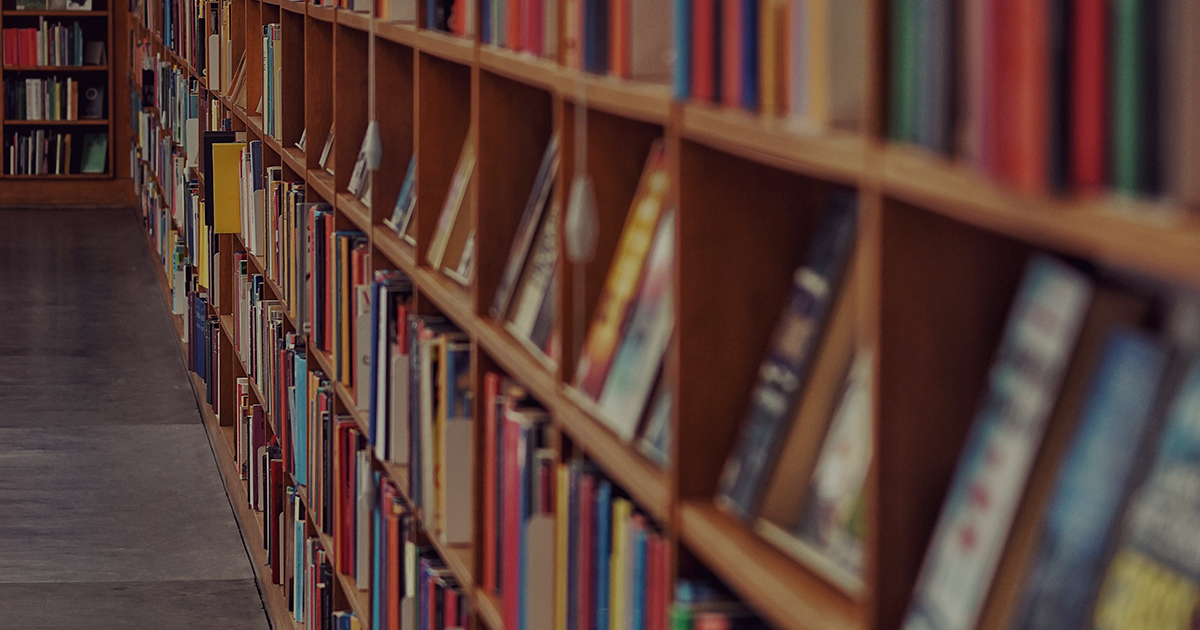According to data released by the American Library Association (ALA), there were nearly 700 attempts to ban library books in the first eight months of 2023. From January 1 to August 31, the attempts sought to challenge or censor 1,915 titles, a 20% increase compared to the same months in 2022, the organization said. Last year saw the most challenges since the ALA began tracking book censorship more than two decades ago.
Such censorship extends to school libraries where we are seeing the removal or restricting of access to certain books, magazines, or other materials. This might include materials that are considered sexually explicit, contain offensive language, or explore controversial topics. Proponents of censorship argue that it is essential to shield students from material that may be harmful or offensive. They often cite reasons such as maintaining community standards, protecting minors from explicit content, or avoiding controversial subjects that might be deemed inappropriate for the age group. Findings indicate that a significant number of the books selected to be banned were written by or about a person of color, a member of the LGBTQ+ community, or a woman.
Book ban opponents argue that censorship limits students’ access to diverse perspectives, stifles intellectual growth, and hinders critical thinking skills. One of the main concerns regarding censorship in school libraries is the undermining of intellectual freedom. Libraries are meant to be unbiased sources of information, providing students with a wide range of materials that reflect various viewpoints and ideologies. By censoring certain books or materials, students are denied the opportunity to explore different perspectives and develop independent thinking. Moreover, limiting access to various materials is a form of control or exercise of power where a select few individuals or groups decide what is acceptable for the entire student body.

“To allow a group of people or any individual, no matter how powerful or loud, to become the decision-maker about what books we can read or whether libraries exist, is to place all of our rights and liberties in jeopardy.”
Deborah Caldwell-Stone, Director ALA Office for Intellectual Freedom
The limits imposed by censorship infringe upon students’ ability to engage in open discussions and form their own opinions on sensitive topics. It is crucial for young people to learn to navigate complex issues and develop critical thinking skills to prepare them for the real world. In society, youth are constantly exposed to a variety of opinions and ideas, many of which may contradict their own beliefs or values. Shielding students from controversial or challenging material leaves them ill-prepared to engage with differing perspectives and handle diverse opinions later in life.
Finding a balance between protecting students and providing access to information is undoubtedly challenging. However, it is important to recognize that censorship is not the best answer and is an imposition on our rights and freedoms. “These attacks on our freedom to read should trouble every person who values liberty and our constitutional rights,” states Deborah Caldwell-Stone, director of the ALA’s Office for Intellectual Freedom. “To allow a group of people or any individual, no matter how powerful or loud, to become the decision-maker about what books we can read or whether libraries exist, is to place all of our rights and liberties in jeopardy.” This is a situation that no American should tolerate, and censorship of the kind we are seeing is not the best approach if we are to create the thinking and engaged community members that we expect our public schools to produce.

